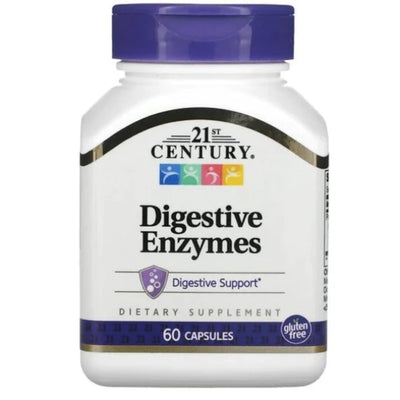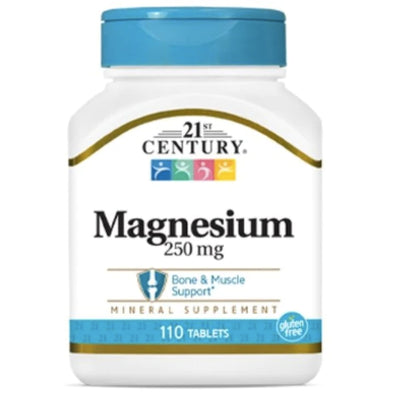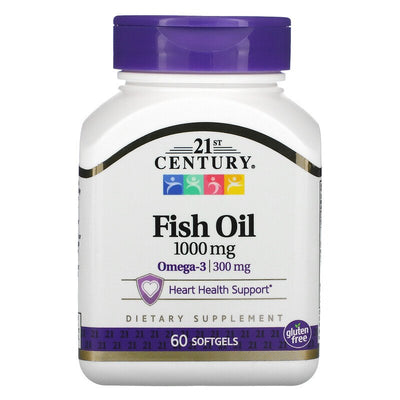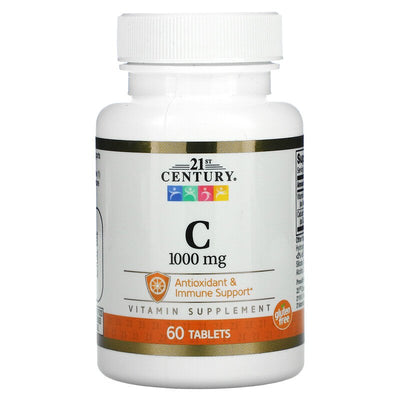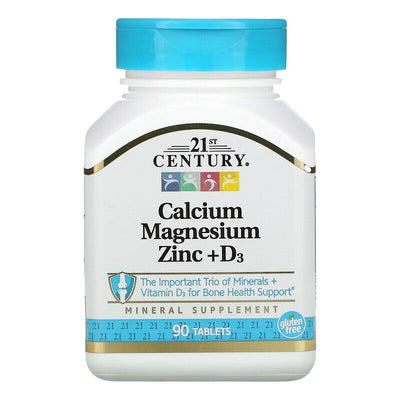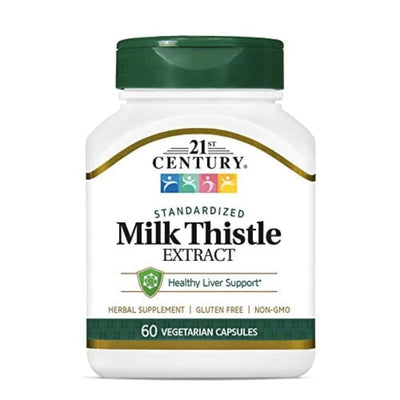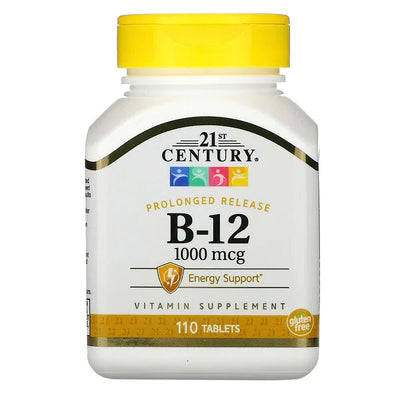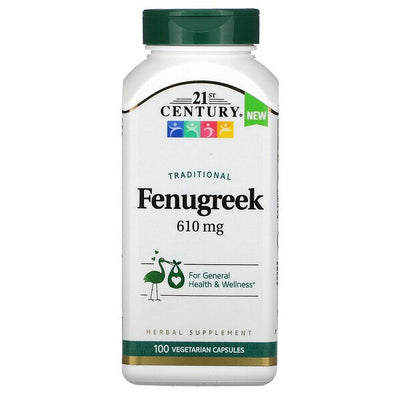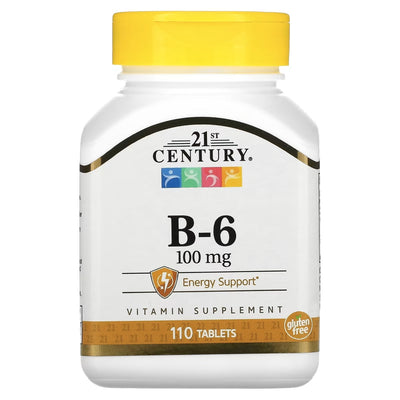
Creatine and Muscle Recovery: Speeding Up the Healing Process
Understanding Muscle Recovery
Muscle recovery involves the repair of muscle fibers damaged during intense exercise and the reduction of inflammation caused by these microtears. Proper recovery not only helps in restoring muscle function but also contributes to muscle growth, as the repair process involves the synthesis of new muscle proteins.
How Creatine Enhances Muscle Recovery
Increased ATP Resynthesis
Creatine increases the body’s store of phosphocreatine, which is used to produce ATP (adenosine triphosphate), the primary energy molecule in cells. During recovery, higher ATP levels can help accelerate the repair processes of damaged muscles by providing the energy necessary for cellular activities.
Reduced Muscle Cell Damage
Creatine has been shown to reduce the extent of muscle cell damage following exercise. By decreasing cell damage, creatine lessens the severity of muscle soreness and shortens recovery time, allowing for more frequent and intense training sessions.
Reduced Inflammation
Several studies suggest that creatine supplementation can reduce inflammation and the plasma concentrations of certain markers associated with inflammation after exercise. By mitigating these inflammatory responses, creatine can improve the overall recovery environment within the muscles.
Enhanced Protein Synthesis
Creatine promotes an increase in protein synthesis, the process by which cells generate new proteins. Enhanced protein synthesis is crucial for effective muscle repair and growth following strenuous workouts.
Optimal Use of Creatine for Recovery
To maximize creatine’s benefits for muscle recovery, consider the following guidelines:
Consistent Daily Dosing
Maintaining elevated levels of creatine in the muscle through daily supplementation is key. Typically, a dose of 3-5 grams per day is recommended after an initial loading phase (if one chooses to do a loading phase).
Post-Workout Supplementation
While creatine can be effective regardless of timing, taking it immediately after workouts may be particularly beneficial. The post-exercise period is when muscles are most receptive to nutrient uptake, and the increased blood flow to the muscles can help in more effectively transporting creatine to where it is needed most.
Combine with Carbohydrates and Protein
Taking creatine with carbohydrates and protein can enhance its uptake and efficiency, thanks to the insulin spike that facilitates more creatine and nutrients being driven into the muscles. This combination not only supports creatine absorption but also aids in overall recovery and muscle protein synthesis.
Adequate Hydration
Creatine increases water retention within muscle cells, which can aid in recovery but also requires you to increase your overall fluid intake. Staying well-hydrated is crucial for optimal recovery and overall health.
Conclusion
Creatine is a powerful supplement not only for enhancing athletic performance but also for accelerating muscle recovery. By supporting quicker resynthesis of ATP, reducing muscle damage and inflammation, and enhancing protein synthesis, creatine helps athletes recover faster and more effectively. This makes it an invaluable tool for anyone looking to improve their recovery times, maintain a rigorous training schedule, and achieve their fitness goals more efficiently. As with any supplement, it is recommended to consult with a healthcare provider before starting to ensure it fits safely with your health profile and dietary needs.
- #athlete
- #BODY BUILDING
- #bodybuilding
- #cognition
- #cognitive support
- #creatine
- #creatine monohydrate
- #Deals
- #discount
- #endurance
- #fat burner
- #fat loss
- #muscle building
- #muscle growth
- #ringwood
- #sale
- #springvale
- #supplement
- #supplement shop
- #supplement store
- #supplement store near me
- #supps247
- #vitamins and minerals
- #WEIGHT LOSS
- #WEIGHT LOSS SUPPLEMENT
Share







